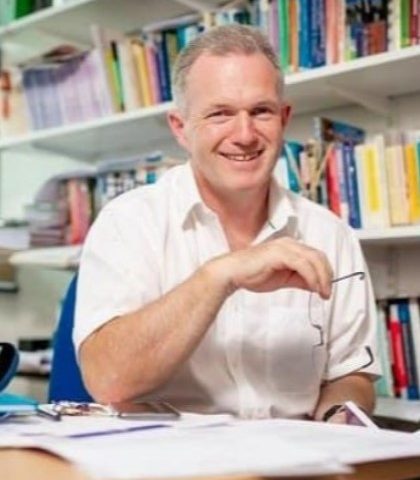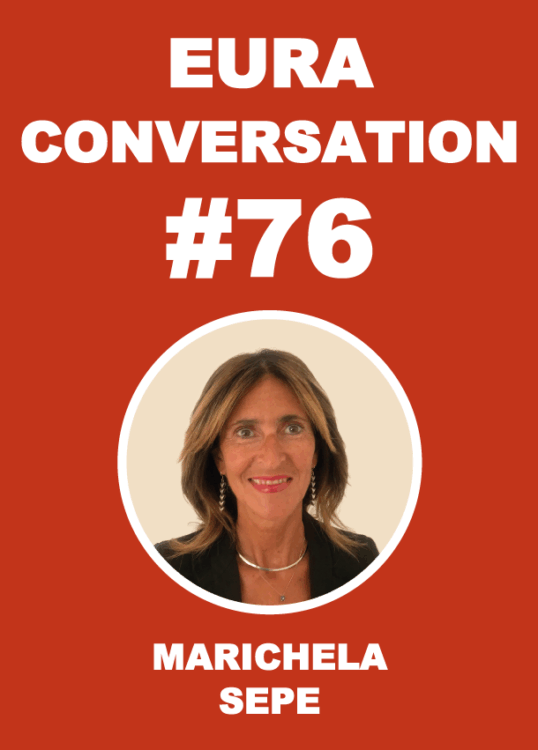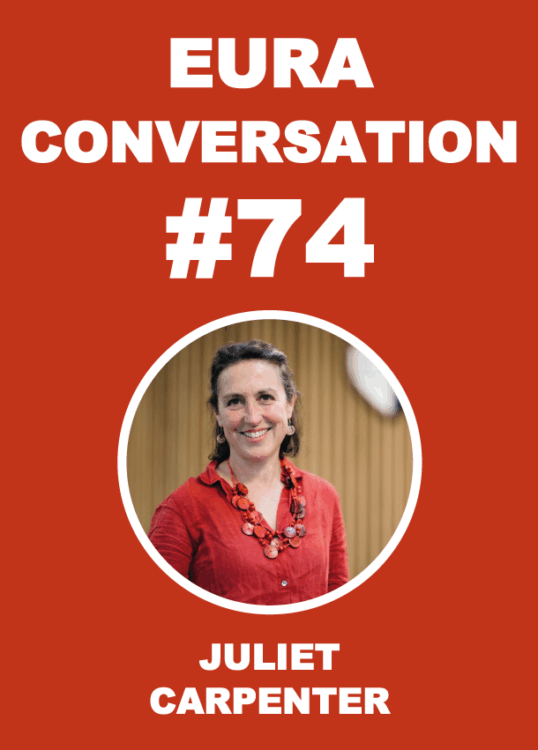
8th Winter School on research methodology – REGISTRATION OPEN!
29/10/2021
#33 The voices of young people on climate change
15/11/2021Teaching after Covid
EURA Conversations Post #32 – 1 November 2021
by Alistair Jones, Department of Politics, People and Place, De Montfort University, UK
In EURA Conversation 17 I asked if teaching had been remembered in the Covid period. The indication was students were remembered but the staff and their teaching had been forgotten. Twelve months on, and it may still be too early, I ask if any lessons have been learned.
The clamour from students and politicians, is to get students back into classrooms. The former-Education Secretary in the UK, Gavin Williamson, effectively instructed the Vice-Chancellors of UK Universities to get teaching back to normal. Staff should be in front of their classes, delivering their sessions. The irony here is he delivered this demand via video-link.
The push is to get things back to how they were, pre-pandemic. It is almost as if the last two years need to be erased from memory. To do so is fundamentally wrong. There were clearly problems in terms of isolation, digital poverty, socialisation and mental health – but these had always been there, and we need to consider how we better support our students. There was also so much more, in terms of education, that was developed.
As someone who loves to deliver lectures – the sage on the stage – I had to change. I had to deliver my lectures in a pre-recorded format. Some of the performance aspect may have been lost, but much of it was still there. And, with lectures broken down into bite-sized parts (normally around 10-15 minutes), students could dip in and out of their learning; they could learn at their own pace. A traditional ‘Alistair Jones’ lecture may be delivered at 800kph. The bite-sized, pre-recorded lectures gave students a chance to breathe; to recover; and to reflect. In this respect, perhaps this new form of teaching delivers a better, more accessible package for many students.
It is this room for reflection that ought to be given greater consideration. In pre-Covid times, education had become more like a conveyor belt: get the students in, get them through their assessments successfully, move on to the next cohort. Consider the image of the meat grinder in the Pink Floyd film “The Wall” (1982), where students were effectively spewed out of their learning establishments. At times, that is how it felt the education system had become. It was about gaining a qualification rather than learning.
As a result of the pandemic, with its lockdowns and very limited social activity, students had – and took – the time to think more carefully about what they were doing; to reflect more upon their learning. Yes, there was a clamour to get back into the classroom, but that was more about the social activity than the learning undertaken. This social activity is a key part of any educational process, be in no doubt. Yet that space to reflect; to pause and to consider, needs to be protected, nurtured.
To go back to ‘how things were’ will be a waste. That space to reflect, to self-direct, to learn, is something that must be retained – a benefit derived from pandemic experiences.
In the next contribution to EURA Conversations Le Anh Long will discuss trust, collaboration and Covid.







